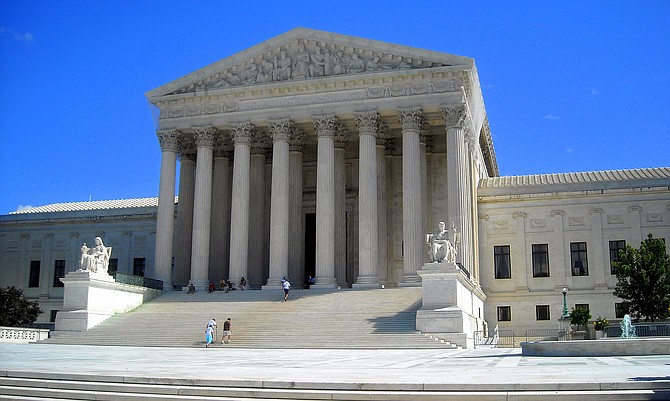Mississippi could experience the largest cost spike in health-care premiums in the country if the "Obamacare" premium tax credit becomes unavailable. The Henry J. Kaiser Family Foundation released a report on June 3, 2015, predicting a health-care premium increase of 650 percent (more than 130 percent higher than Alaska and Utah, which are tied for second).
The purpose of the Patient Protection and Affordable Care Act (ACA), or Obamacare, is just that—to make health care affordable by setting a standard for how health insurance is structured and priced. These standards create and govern a federal health-insurance marketplace and a state health-insurance marketplace for participating states. Mississippi is one of 27 states that do not have a state marketplace.
One of the big advantages to buying insurance through these marketplaces is that the government provides a tax credit for families meeting the premium tax credit’s eligibility, making insurance more affordable. The Kaiser report found that 75,613 Mississippians are eligible for the tax credit.
The U.S. Supreme Court will rule on the King v. Burwell case in the next five days, which will determine if people buying health insurance in states with only the federal health insurance marketplace are able to receive the premium tax credit to help pay for their health insurance, and if they rule against it, Mississippians have the most to lose.
“The people that are going to keep their coverage, are usually going to be the sicker individuals who need coverage despite the high cost of it,” Jarvis Dortch of the Mississippi Health Advocacy Program said. “The healthy individuals in the state who help lower the cost of coverage for everyone else, they are going to drop out when they don’t want to pay 400 or 500 dollars a month, but if you are sick or ill, that 400 dollars is better than playing thousands of dollars at the hospital.”
The King v. Burwell case is the product of a circuit split—a disagreement between two courts of appeals.
On March 14, 2014, the 4th U.S. Circuit Court of Appeals listened to arguments for the King v. Burwell case. The argument that King’s lawyer presented was based on four words of the almost 11,000 pages of regulations: “established by the State.” Last July the court ruled against King saying that the language was ambiguous enough to permit the IRS to offer premium tax credits to those who bought their insurance from a federally-managed insurance marketplace.
On the same day in July, the U. S. Court of Appeals for the D.C. Circuit came to the opposite conclusion in Halbig v. Burwell, claiming that the IRS does not have the “power to grant subsidies to federally established insurance marketplaces.” This disagreement between the courts created a circuit split that requires a ruling by the U.S. Supreme Court in order to set a precedent for the country. On July 31, 2014, King appealed to the U.S. Supreme Court, which picked up the case and heard arguments on March 4, 2015.
“(King’s) legal argument is that Congress intended for states to set up the exchanges and to receive the tax credits, that they had no intention of the tax credits being available to some federal marketplaces like in Mississippi,” Dortch said. “There’s nothing in history to back that up. Their legal argument only works if they make the court believe that Congress’ intent was to set up the (health insurance marketplace), and to have the tax credits only available so they can set up (the state’s) own exchange.”
Because Mississippi opted out of setting up a state insurance marketplace, the only program that currently offers the premium tax credit in the state is the federal insurance marketplace at healthcare.gov. If the Supreme Court rules in favor of King, then that tax credit will no longer be available for 27 states with only the federal marketplace.
For the 75,613 people in Mississippi eligible for the tax credit, this case might decide whether or not they can afford to be insured. Losing the tax credit in Mississippi, Kaiser reports, translates to $26.5 million tax credit lost, roughly $351 per eligible person.
For Dortch, these numbers paint a bleak picture for the state. He said that more people would lose coverage if tax credits disappear because healthy individuals will drop out of the program as premiums rise. Dortch said healthy individuals actually help lower the cost for everyone else, but for unhealthy individuals, a higher insurance premium is still better than a hospital bill.
“You are only going to see the sickest of the sick keep their coverage—that means insurance companies and providers are going to have to raise their rates in order to make ends meet, and that’s going to affect people that have insurance outside of the federal market power place,” Dortch said. “It’s going to drive up the cost of health care in the state overall.”



Comments
Use the comment form below to begin a discussion about this content.
comments powered by Disqus